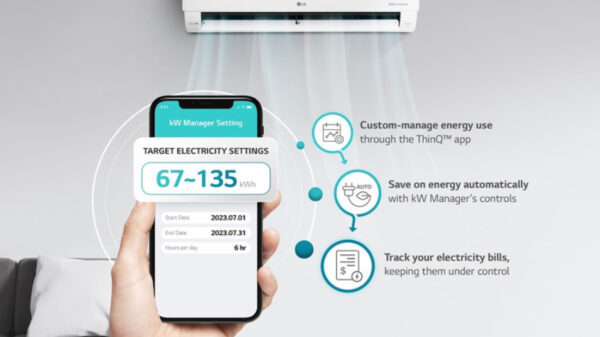Oracle introduced the latest generation of the Oracle Exadata platforms, the X10M, delivering unrivaled performance and availability for all Oracle Database workloads. Starting at the same price as the previous generation, these platforms support higher levels of database consolidation with more capacity and offer dramatically greater value than previous generations. Thousands of organizations, large and small, run their most critical and demanding workloads on Oracle Exadata including the majority of the largest financial, telecom, and retail businesses in the world.
“Our 12th generation Oracle Exadata X10M continues our strategy to provide customers with extreme scale, performance, and value, and we will make it available everywhere—in the cloud and on-premises,” said Juan Loaiza, executive vice president, Mission-Critical Database Technologies, Oracle. “Customers that choose cloud deployments also benefit from running Oracle Autonomous Database, which further lowers costs by delivering true pay-per-use and eliminating database and infrastructure administration.”
Available now in both Oracle Exadata Cloud@Customer and Oracle Exadata Database Machine, the new Exadata X10M platforms feature 4th Gen AMD EPYC processors. With up to 3X more cores in database servers and 2X more cores in storage servers compared to the previous generation, Exadata X10M platforms deliver up to 3X higher transaction throughput and up to 3.6X faster analytic queries. Exadata X10M’s high-capacity storage servers can now hold 22 percent more data, while all-flash storage servers now offer 2.4X the capacity of the previous systems. In addition, database servers now support 50 percent higher memory capacity—enabling more databases to run on the same system.
“AMD EPYC CPUs were designed from the ground up to achieve three key goals—deliver more performance for complex data center workloads, reduce latency with larger, better-designed caches, and increase throughput with more cores per socket. It is ideally suited for mission-critical database workloads,” said Mark Papermaster, executive vice president and chief technology officer, AMD. “Our engineers worked closely with Oracle to ensure the Exadata X10M based on 4th generation AMD EPYC processors, with 96 cores per socket, is a balanced configuration that enables near-linear scalability and improved energy efficiency for database workloads.”
The combination of improved price performance and more storage and memory capacity enables greater levels of database consolidation and dramatically lowers costs for all database workloads. The greater compute and storage density offered by Exadata X10M platforms also reduce the size of the systems that customers require to meet their needs, lowering data center costs for power, cooling, and floor space, and improving data center sustainability. In addition, with its large scale, simple expandability, and affordable consumption pricing, Exadata Cloud@Customer X10M enables customers to easily deploy incremental development, testing, and production environments without adding servers or systems.
Organizations can scale out their Exadata X10M infrastructure by adding individual database or storage servers, allowing them to tailor their configurations to meet immediate needs and expand them in the future should those needs change. Oracle’s Real Application Clusters technology uniquely enables scaling and planned maintenance while databases are fully online for both mission-critical online transaction processing (OLTP) and data warehouse workloads.
Cloud automation in enterprise data centers with Oracle Exadata Cloud@Customer
Oracle Exadata Cloud@Customer is a key component of Oracle’s distributed cloud strategy, offering customers the benefits of cloud with greater control over data residency, locality, and authority. Exadata Cloud@Customer is the only platform that runs both Oracle Autonomous Database and Oracle Exadata Database Service in customer data centers. Autonomous Database automates routine, manual data management tasks including tuning, patching, and provisioning. In addition, Autonomous Database can automatically scale consumption up and down as workloads change, allowing organizations to run them faster when demand increases and reduce resource consumption and costs when demand decreases. With Autonomous Database, customers avoid over-provisioning of resources and only pay for their actual consumption.







































































































